When it comes to cooking with induction cooktops, the choice between thick vs thin cast iron can significantly impact your culinary experience. As a kitchen professional, understanding the nuances of these materials can enhance your cooking techniques and efficiency. Let's delve into the intricacies of using thick and thin cast iron on induction cooktops and determine which is best suited for your needs.
Induction cooking relies on electromagnetic energy to heat pots and pans directly. This means that the cookware must be ferromagnetic, which cast iron naturally is. However, the thickness of the cast iron can affect how it interacts with the induction cooktop. Whether you're using a piece of thick cast iron for its heat retention properties or a thin one for its quick response to temperature changes, each has its unique advantages and challenges.
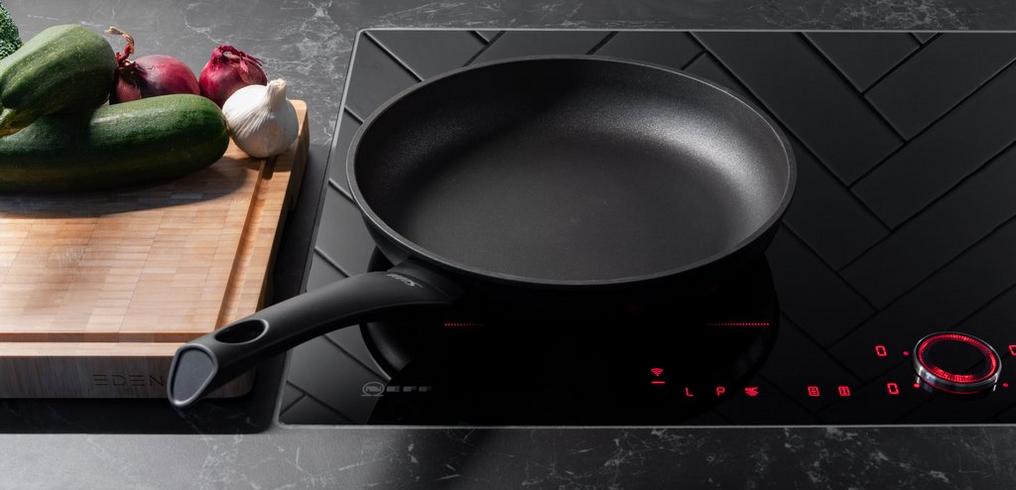
The Appeal of Thick Cast Iron
Thick cast iron is cherished for its excellent heat retention. It takes longer to heat up, but once it does, it maintains a steady and even temperature. This feature is particularly beneficial for dishes that require prolonged cooking times or consistent heat, such as braises and stews. Thick cast iron is also less prone to warping, making it a durable choice for professional kitchens.
However, the downside is that thick cast iron can be cumbersome. The additional weight can be a drawback in a busy kitchen environment where agility and speed are paramount. Moreover, it takes longer to cool down, which could be a safety concern if quick adjustments in temperature are required.
The Advantages of Thin Cast Iron
In contrast, thin cast iron heats up quickly, making it ideal for tasks that require rapid temperature changes, such as searing or sauting. Its lighter weight also makes it easier to handle, which can be a significant advantage in a fast-paced professional kitchen.
However, thin cast iron may not retain heat as well as its thicker counterpart, which could result in uneven cooking if not carefully monitored. Additionally, thin cast iron is more susceptible to warping over time, especially if exposed to high heat settings frequently.
Choosing the Right Cast Iron for Induction Cooking
When deciding between thick and thin cast iron for induction cooking, consider the type of cooking you do most often. If you frequently prepare dishes that benefit from consistent heat, such as casseroles or slow-cooked meals, a thick cast iron skillet or pot might be advantageous. On the other hand, if you need quick temperature adjustments for tasks like stir-frying or browning meat, a thinner cast iron pan could be more beneficial.
It's also essential to consider the energy usage of cast iron on induction as thick pans may consume more energy to reach the desired temperature.
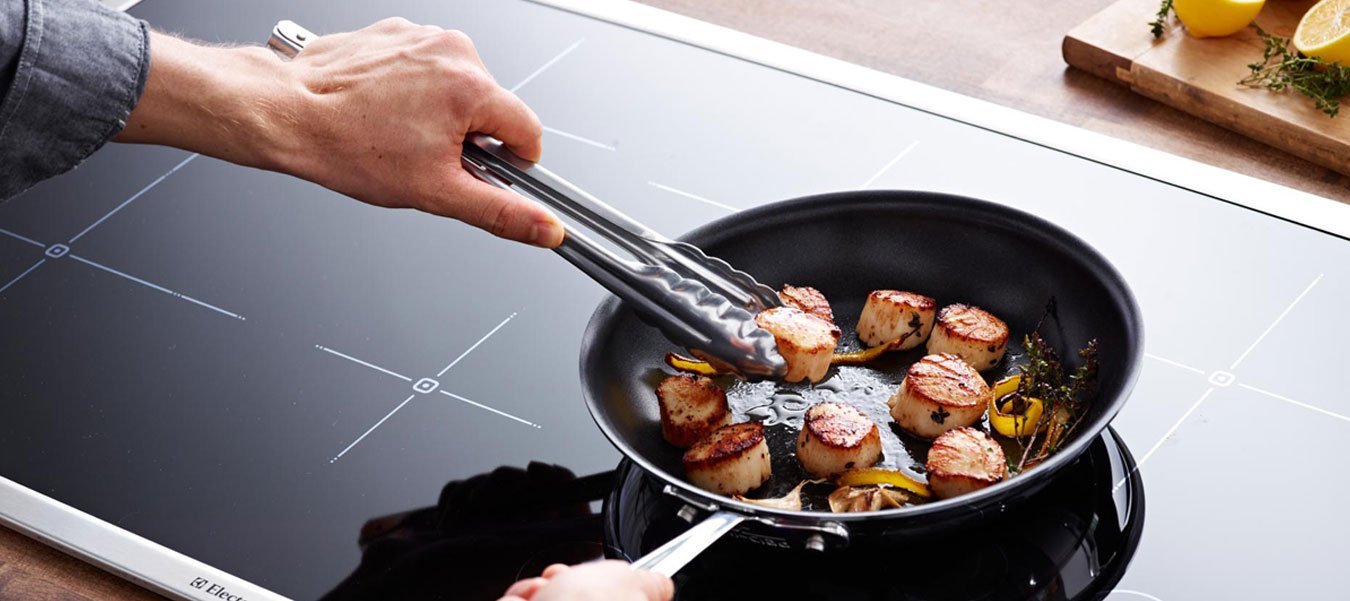
Practical Tips for Using Cast Iron on Induction
Regardless of the thickness, there are several best practices to follow when using cast iron on an induction cooktop. Always ensure the bottom of the cookware is clean and dry to maintain optimal contact with the cooktop. Avoid dragging heavy pans across the surface to prevent damage.
When using cast iron, consider starting at a lower heat setting and gradually increasing to avoid thermal shock, which can lead to warping. Additionally, understanding how cast iron reacts to induction boost mode can help in managing sudden temperature changes.
FAQs
Does cast iron work on all induction cooktops?
Yes, cast iron is suitable for all induction cooktops due to its ferromagnetic properties. However, the performance may vary based on the thickness of the cast iron.
Is thick cast iron better for induction cooking?
Thick cast iron is excellent for heat retention, making it ideal for slow cooking. However, the best choice depends on your specific cooking needs and preferences.
Can thin cast iron warp on induction cooktops?
Thin cast iron can warp if exposed to extreme heat or thermal shock. It's essential to use gradual temperature changes to maintain its integrity.
For further insights on cast iron's compatibility with induction cooktops, you can explore this detailed guide.

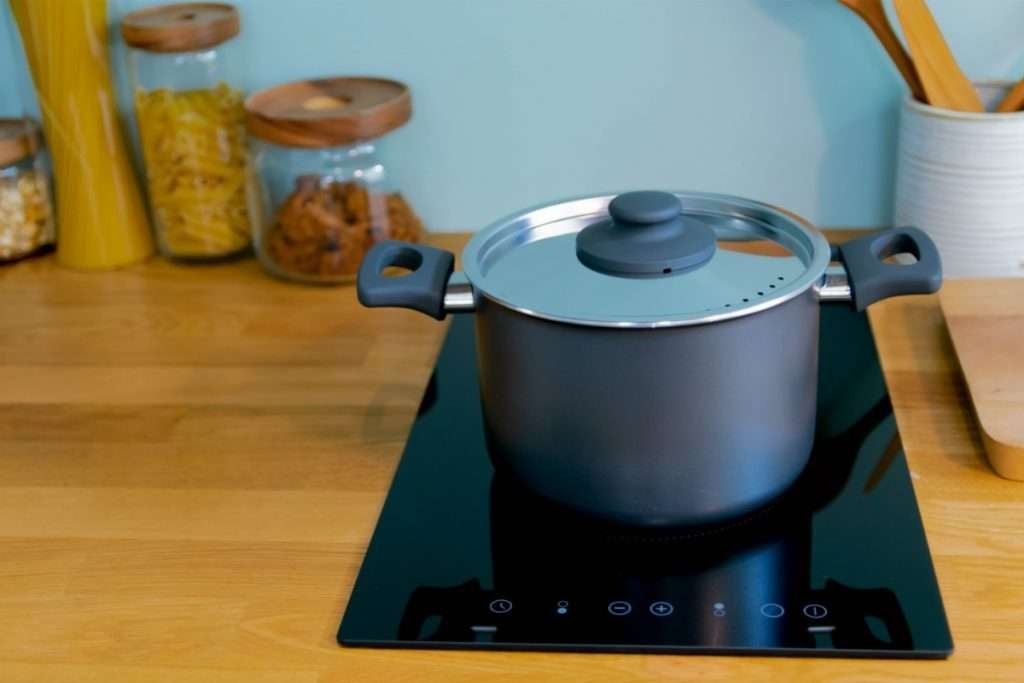


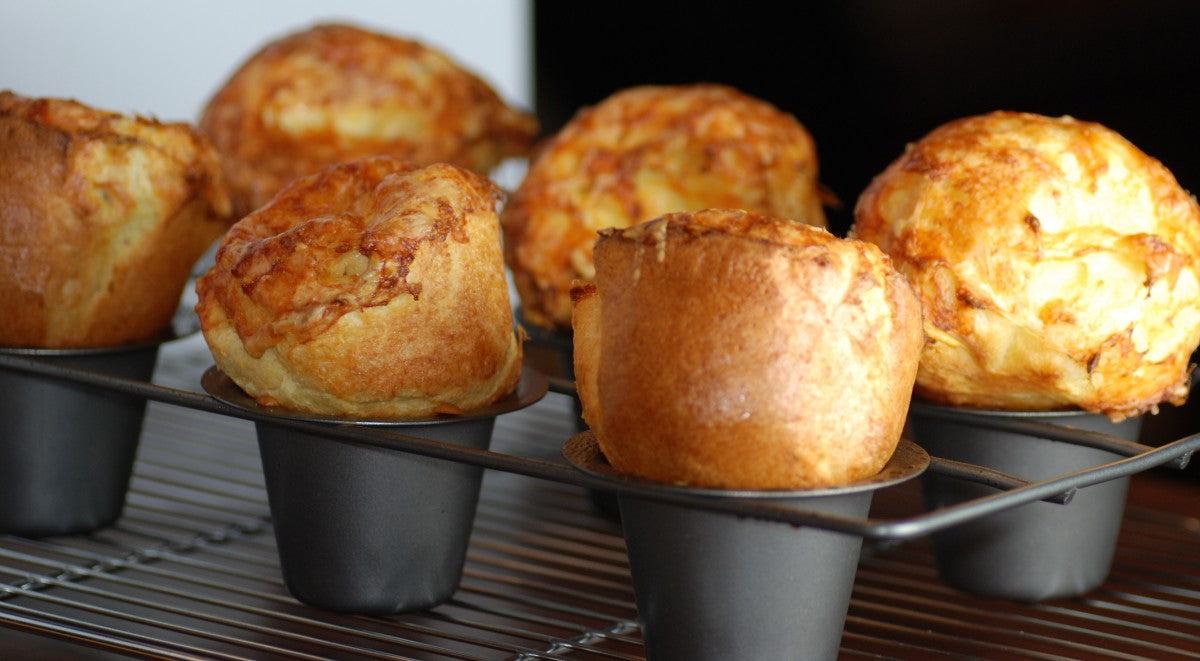
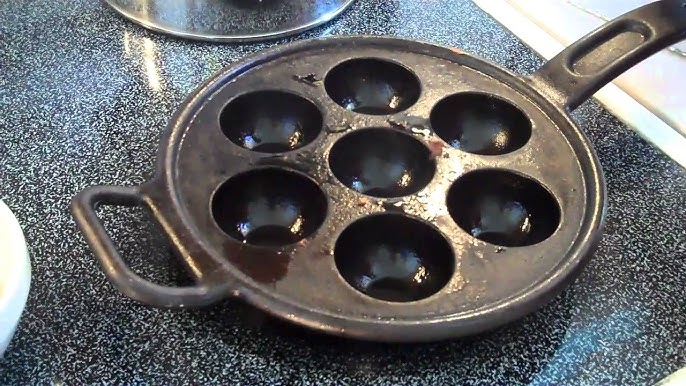
Leave a comment
This site is protected by hCaptcha and the hCaptcha Privacy Policy and Terms of Service apply.